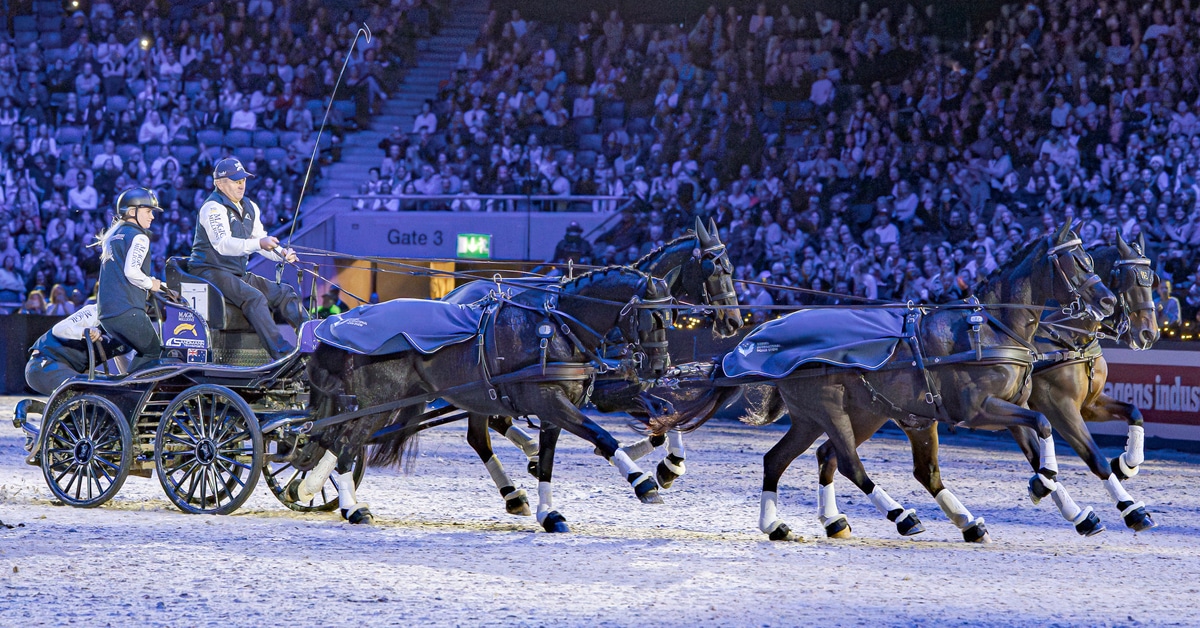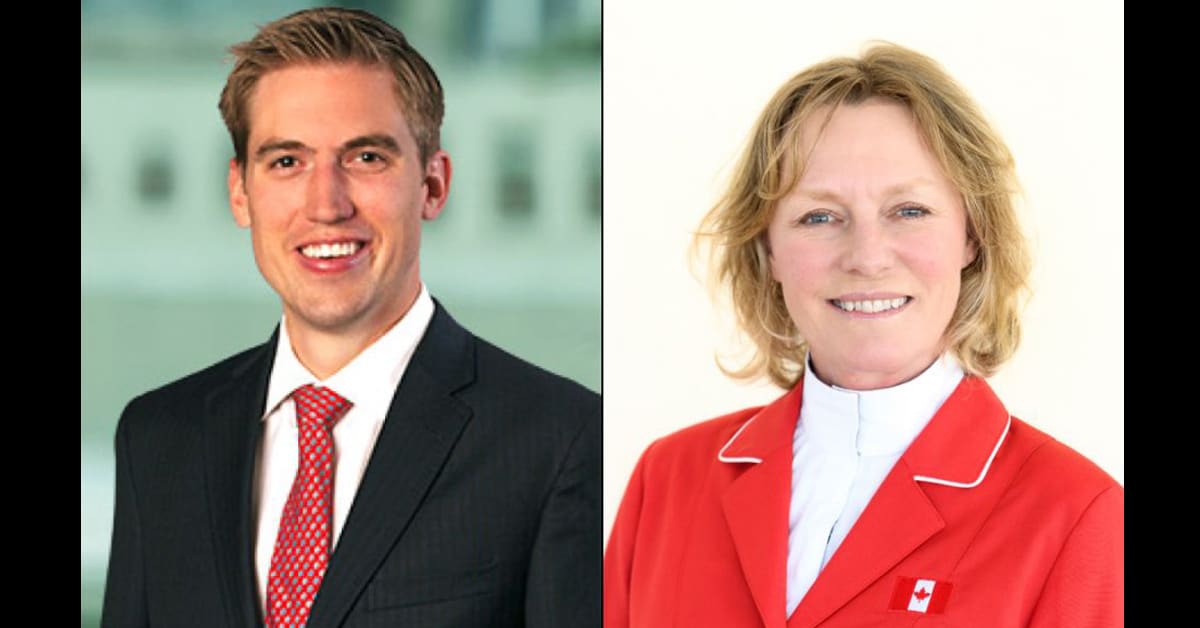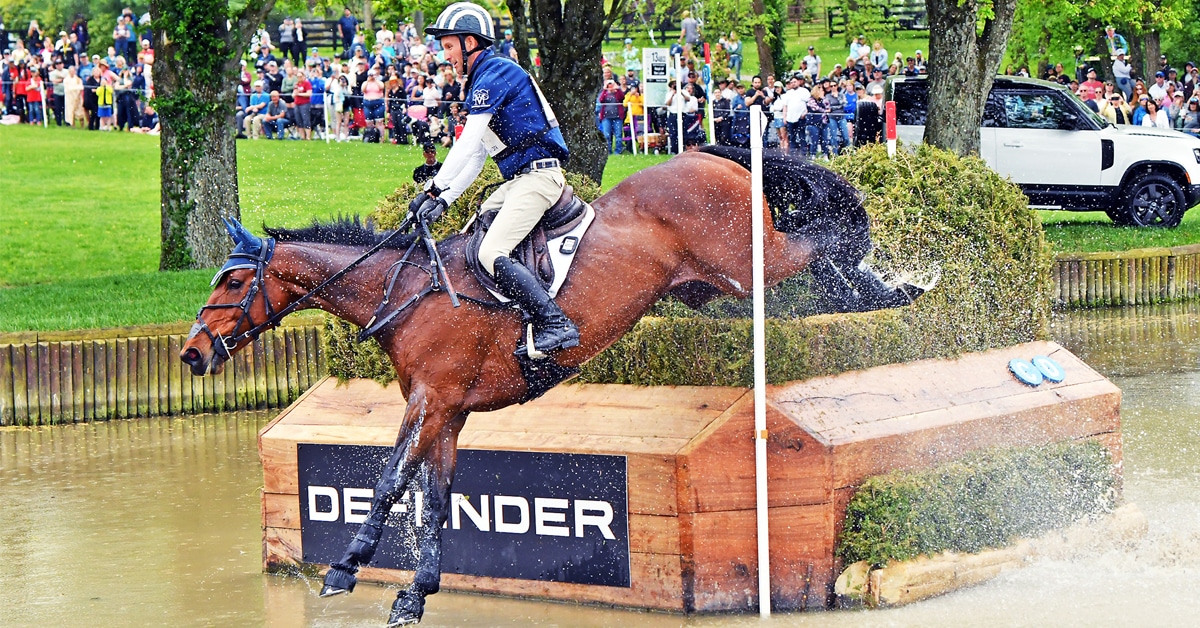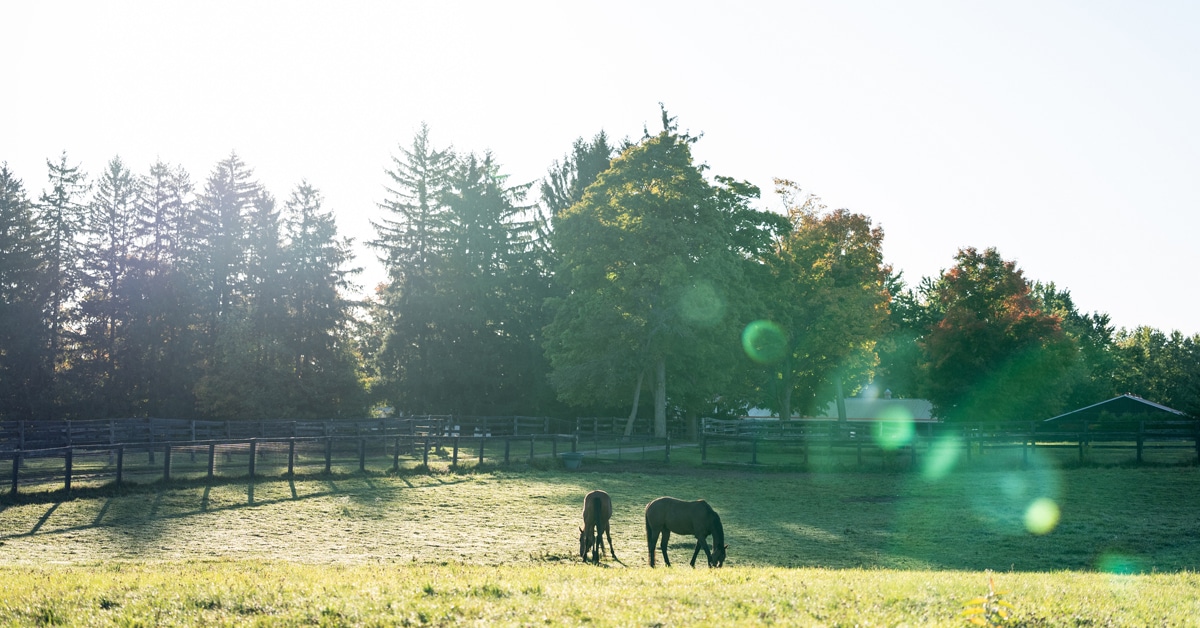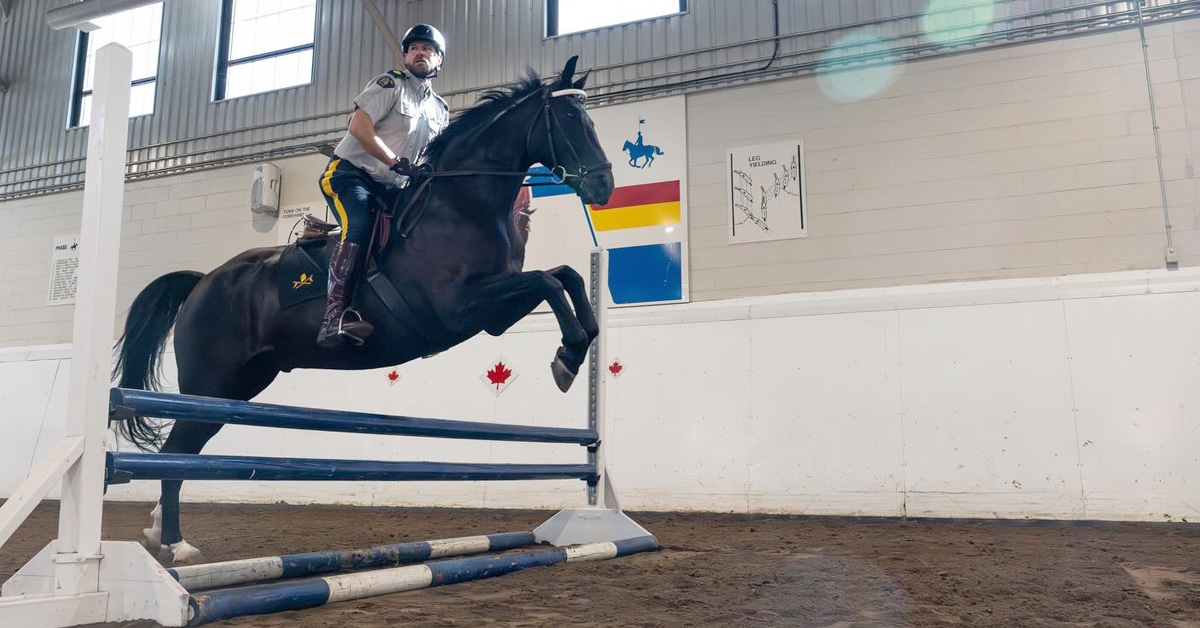The world’s top show jumping riders have slammed the FEI for “disrespecting” them and treating them like “clowns,” as controversy about the three-to-a-team format for the Olympic Games continues.
Only 11 of the 134 national federations eligible to vote opposed the Olympic format changes at last month’s FEI General Assembly in Tokyo, but the International Jumping Riders Club (IJRC) still wanted answers.
The club’s annual meeting during Geneva show on December 9th was dominated by the Olympic changes, and also the re-vamp of the World Equestrian Games, of which riders said they were unaware until reading about it in the media a few days earlier.
Ingmar de Vos, FEI president, was on FEI business in Hong Kong. In his absence, he was strongly criticised by Steve Guerdat for allegedly undermining the IJRC’s own proposal that would increase the number of flags at the Games while retaining four-man teams and the discard score.
Guerdat wanted to set the record straight: the IJRC had lobbied the FEI for two years. He was clearly angry that De Vos’s recent letter to IJRC president Christina Liebherr – circulated to the media – implied IJRC had mentioned this only at the last-minute, and “made the riders look like clowns.”
“The FEI don’t take us seriously, they don’t respect us. I cannot accept that anymore,” added Guerdat.
Guerdat also scorned on the likelihood many more countries could field riders of Olympic capability.
“In the letter, he [De Vos] also pointed out that the Nations Cup final in Barcelona was showing that more than 14 teams, at least 18 teams, have the level of the top sport for the Olympic Games.
“I don’t think he has been attending the ‘B’ finals – you have the teams struggling to get over the course. Telling me those teams have the level of what we want to show at the Olympic Games is for me a lack of knowledge.”
FEI secretary-general Sabrina Ibanez acknowledged the riders were disappointed. But she explained that the International Olympic Committee (IOC) capped participation at 200 horses across the three disciplines, of which show jumping got the largest quota, 75. An increase in quota was out of the question, so the FEI’s problem was essentially “mathematical.”
Three-rider teams were the only way to admit the newer equestrian nations; they were entitled to their own Olympic dreams and the government funding that goes with it. They, in turn, would attract new TV viewers, because the only way to get viewers from more countries watching and using social media was by providing the extra interest of riders from their own countries. And the IOC needs the TV rights money to subsist.
However, Meredith Michaels-Beerbaum observed: “The Olympics isn’t a charity! It’s meant to be the pinnacle of athletic sport.”
Eric Lamaze recapped the Canadian riders’ well reported dismay that their national federation voted against their views.
He was also anxious about pandering to unrealistic aspirations of the newer countries, after Ibanez emphasised that offering the possibility of participation was essential to grow the sport in the rest of the world.
“Jumping is dangerous,” said Lamaze. “There are people who will attempt to do this who should not be doing it, just to go to the Olympics.
“This will not sell anything on TV. It ridicules our sport completely. I agree some countries are dreaming about going to the Olympics, but there are a lot of steps to make before that.”
When Ibanez agreed that for some countries “it’s not going to happen,” Lamaze replied: “Why are we the ones suffering now for that? How is this new format going to help any of us today – for young riders not to make teams because there are only three riders?
“The drop score is what makes the team comp makes it exciting.
“To me this new format makes no sense, it will kill the sport in the Olympics.”
Monica Theoderescu, invited along with Isabell Werth to give the dressage riders’ perspective, was also damning of moves to involve the less capable. “Who wants to watch 25 dressage horses scoring 66%, when people who really understand will be saying ‘why are they even here?’” she said. “We have had this discussion 100 times. It was always said [by the FEI] this was what the IOC wants, when that wasn’t really true.”
Aside from complaints about “dumbing down,” riders confronted Ibanez about the lack of direct consultation.
Ibanez insisted the proposals had been well aired and that stakeholders had the opportunity to discuss them in depth at the last two FEI sports forums.
Cian O’Connor retorted: “Riders are riding horses. They’re not frequenting sports forums, they’re not going to general assemblies. It’s very simple. You can get the riders’ views in a week. It’s up to the FEI to instruct the national federations to go get your high performance riders’ views— that wasn’t done.
“I hear this term ‘healthy debate’ all the time. It isn’t, it’s mob rule disguised as democracy.”
Eleonora Ottaviani, IJRC director, asked why national federations with no participation in horse sport were allowed to vote. Twenty-six member nations had no FEI-registered horses at all. Other sports would not accept countries in their international federation without a minimum level of participation.
In Tokyo, last month, she and Liebherr had several conversations with federations of little experience. “I am suffering at this meeting, because the life of these young people [jumping riders] and their families is in the hands of people who don’t have knowledge of horses,” she said.
Ibanez proposed the FEI meet a IJRC delegation next month “to discuss further how to enhance governance and your involvement in the decision-making process.” She later added dressage and eventing riders should be integrated into the same process.
Andy Kistler, manager of the Swiss team, suggested the IJRC write to the IOC and send a video of the meeting. Ottaviani asked if the FEI would enable the IJRC to meet the IOC.
The meeting also resolved to ask the FEI bureau to amend some WEG proposals. Ottaviani, having organised the jumping at Rome in 1998, when it was a substitute WEG venue, refused to accept that it was impossible for a “big organiser” like Mark Bellissimo at Tryon to adapt his timetable with over a year to go.
You can watch the meeting here.
More News
